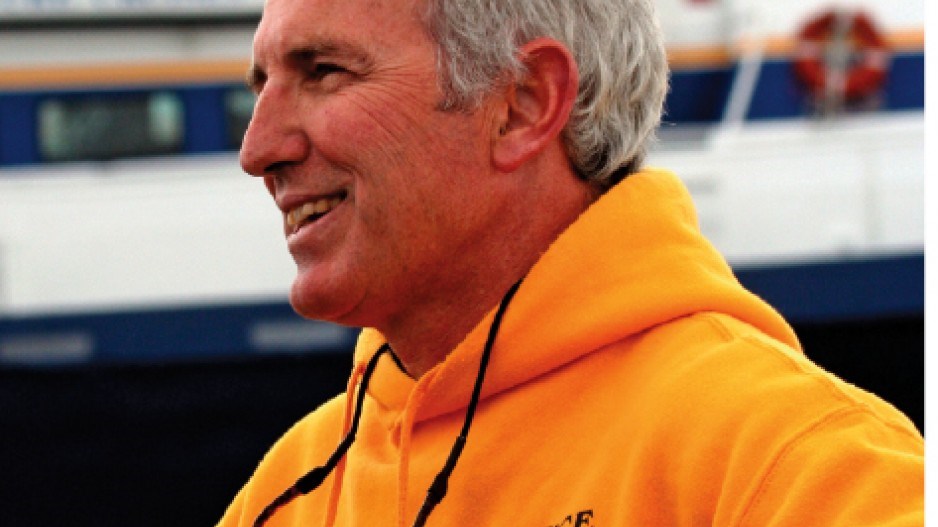Tourism entrepreneurs are using value-added services to compete against publicly subsidized rivals in the increasingly competitive tourist transportation business.
Those services range from specialized tours and better vehicles to gourmet food and packages that include hotel stays and meals.
Whale-watching venture Prince of Whales offers extra frills as part of a direct sailing package between downtown Vancouver and downtown Victoria.
Owner Alan McGillivray started offering $290 round-trip packages May 31 that include transportation between the two cities’ downtown cores as well as including whale-watching and other wildlife-viewing options.
“If it were just transportation, people would only pay for what they believe the transportation is worth. If you extend it out to be a tour, it gets into the realm of learning, seeing more, stopping, snooping around closer to shore and enjoying reefs with seals or sea lions, viewing pods of whales or porpoises.”
A day trip aboard McGillivray’s 74-passenger Ocean Magic is more than twice as expensive as taking public transit and a BC Ferries round trip.
Prince of Whales’ day-trip package leaves the Westin Bayshore Resort at 9 a.m. and docks four hours later in Victoria’s inner harbour near the Empress Hotel.
Passengers are then given a couple of hours to explore Victoria and tour bus transportation and entry to Butchart Gardens.
McGillivray’s boat then picks them up from a dock near Butchart Gardens’ Japanese garden and ferries them back to the Westin Bayshore along a northern route that takes two hours – faster than would be possible on BC Ferries.
Were McGillivray to try to compete with BC Ferries and offer just transportation between the two downtown cores, he would have to charge about $250 to make the venture viable – a cost that he said would deter most potential passengers.
More than $150 million in B.C. government subsidies and a fleet of larger vessels that provide economies of scale allow BC Ferries to charge cheaper fares.
Rocky Mountaineer also offers its customers perks as a way to compete with a publicly subsidized rival.
The luxury train shares some routes with Via Rail, which received $83.3 million in government subsidies in the year that ended March 31.
But Rocky Mountaineer’s Vancouver-to-Edmonton trip runs during the day only, which allows passengers to sleep in hotels at night.
Via Rail customers make the journey all at once and therefore miss whatever scenery the train travels past during the night.
B.C.’s largest inter-city bus service, money-losing Greyhound Canada, has threatened to pull out of the province unless it gets public subsidies.
Lack of current subsidies for Greyhound has helped Granville Entertainment Group (GEG)’s Snowbus compete directly against Greyhound on its Vancouver to Whistler route during the ski season.
GEG principal Ron Orr told BIV earlier this year that he packages Snowbus transportation with extras to make the service viable.
Orr sells packages that include a ride on the bus and a room at GEG-owned Comfort Inn on Granville Street, where the bus stops.




